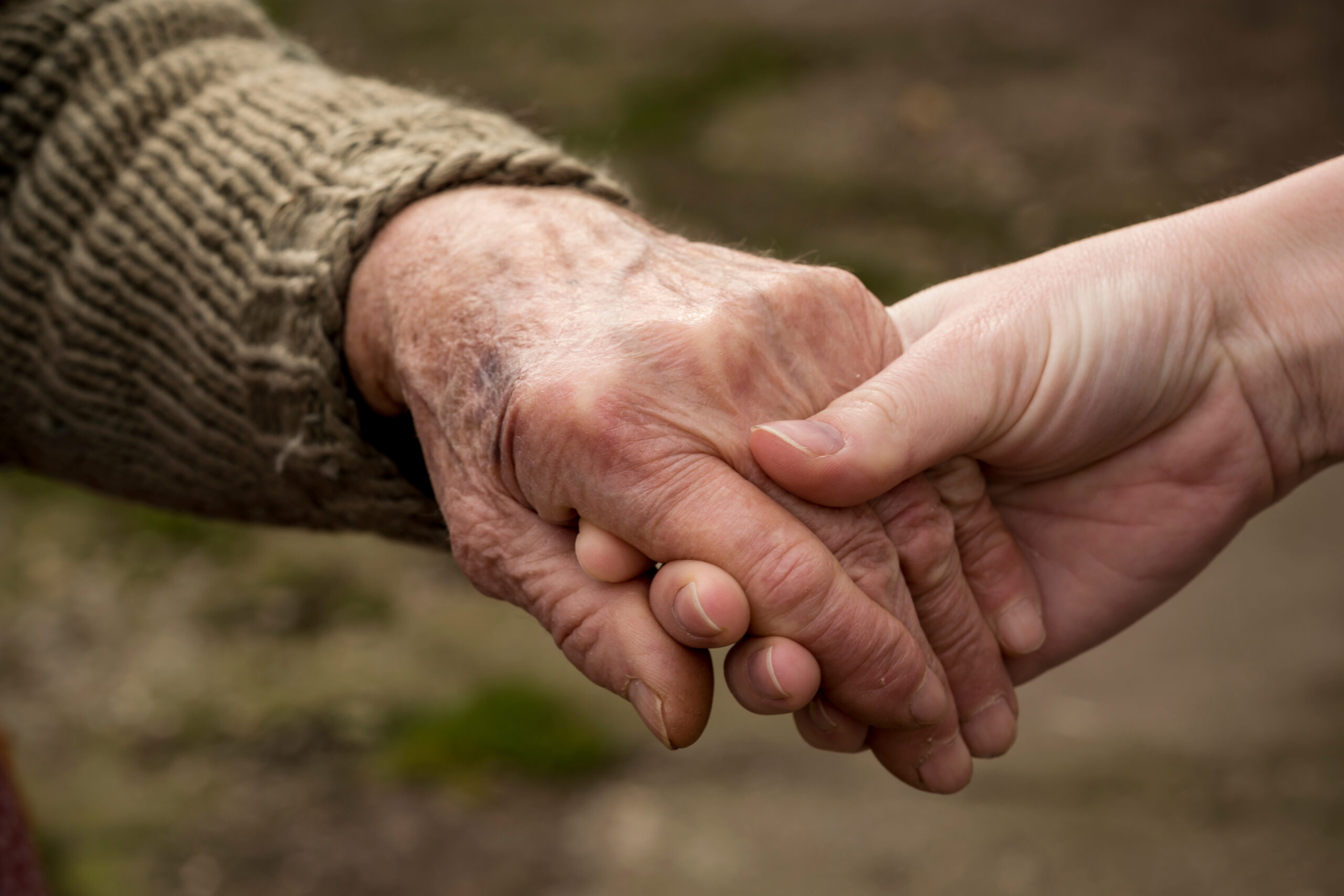How Does Menopause Affect Skin and Hair
Menopause is a significant life change that affects many aspects of a woman’s body, including her skin and hair. The hormonal shifts during this period can lead to various changes that may surprise or concern many women. Understanding these changes can help you prepare and manage them effectively.
### Skin Changes
One of the most noticeable effects of menopause on the skin is dryness. As estrogen levels decrease, the skin’s ability to retain moisture weakens, leading to flakiness and irritation. Many women find their skin feeling tight and uncomfortable, sometimes becoming more sensitive to skincare products they previously used without issue. This dryness can also make the skin more prone to itching, a condition known as pruritus. Itching can be quite bothersome and may require specific treatments to manage.
Menopause can also lead to a loss of skin elasticity due to a decrease in collagen and elastin, proteins that keep the skin firm and smooth. This results in more pronounced wrinkles, especially around the eyes, mouth, and jawline. The skin may also become thinner and less resilient, making it more susceptible to damage and less able to heal quickly.
Some women may experience acne during menopause, which can be surprising since acne is often associated with younger years. Additionally, signs of sun damage may become more apparent, and the skin’s definition may decrease.
### Hair Changes
While the search results primarily focus on skin changes, menopause can also affect hair. Many women experience hair thinning or loss during this period. The hormonal changes, particularly the decrease in estrogen, can lead to changes in hair growth patterns. Hair may become finer, drier, or more brittle, and some women may notice an increase in shedding.
### Managing Skin and Hair Changes
To manage these changes, it’s essential to adopt a skincare routine that focuses on hydration and protection. Using moisturizers regularly can help combat dryness, and gentle skincare products can reduce irritation. For hair, using nourishing shampoos and conditioners can help maintain its health and strength.
In some cases, menopause can lead to the development or flare-up of conditions like eczema. Eczema symptoms include itchy, dry, and inflamed skin, which may require specific treatments such as topical creams or lifestyle adjustments to manage.
Overall, menopause brings about significant changes in skin and hair, but with the right care and understanding, these changes can be managed effectively. Consulting with healthcare professionals or dermatologists can provide personalized advice and treatments to help maintain healthy, vibrant skin and hair during this transition.





